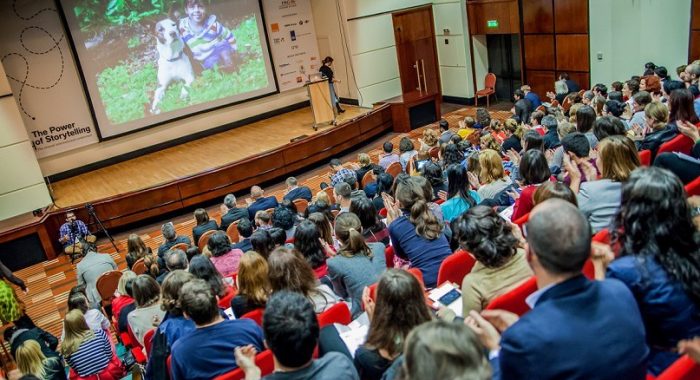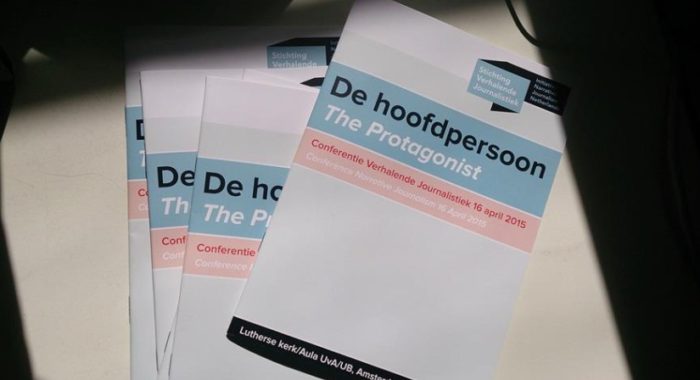Reporter and radio producer Lisa Pollak talked to us about the elements of a good story, what makes radio storytelling unique and what it means to be a good radio talker.
What would you consider the definition of good storytelling?
I think the best storytelling makes us care about people and situations that we would otherwise overlook or judge unfairly. It grabs our attention from the very start and holds it to the very end. It makes us feel – laugh or cry or, better yet, laugh AND cry. And at its very best, it helps us better understand what it means to be human.
You have experience working in both print and audio. How is radio storytelling different than other forms?
When it comes to narrative, the best radio and print stories share many of the same elements: compelling characterswho face a conflict, plots in which someone or something changes, scenes that make you feel like you are inside the story and a larger theme or idea that gives the story meaning beyond the basic fact pattern.
To me the most significant difference between print and radio is that in radio the characters absolutely must be good talkers. This means different things to different people, but for me a good radio talker is someone who tells his story in such an emotional, personal and engaged way that it’s hard for an audience to tune him out. A good talker’s own voice can reveal personality traits and complicated feelings that are sometimes hard to convey in writing, and the right talker can instantly add intimacy and urgency to a story.
We loved your story about the girl who lost an Oreo cookie stacking contest. Can you tell us how you found her and decided it was a good story to follow?
I was working in the Baltimore Sun’s features department at the time, and an editor handed me a press release about a Baltimore-area boy who’d won an Oreo cookie stacking contest. When I met the boy, I didn’t find him very interesting from a story perspective, and we normally would have dropped it there. But then I learned that another Baltimore kid – a girl named Nyasha – had also competed in the contest. When I met Nyasha, I learned that, for her, there was something at stake when she competed that gave me a reason to write the story.
It wasn’t a very complicated story, I think the hardest part was just worrying about whether my editor would be okay with the non-traditional approach. But he was great about it. (I think he might have also been pleasantly surprised to get a story out of such a banal press release.)
What basic elements do you require for a good story?
In an ideal world, I’d love to have all the elements that I listed above, especially the bigger underlying idea or question. I also want access: physical access to see characters in key situations and moments, and emotional access to their feelings and thoughts.
Lisa Pollak talked at #Story14 about finding, reporting and writing compelling narratives about ordinary people. Here is an exclusive interview with her on what makes a good story.

